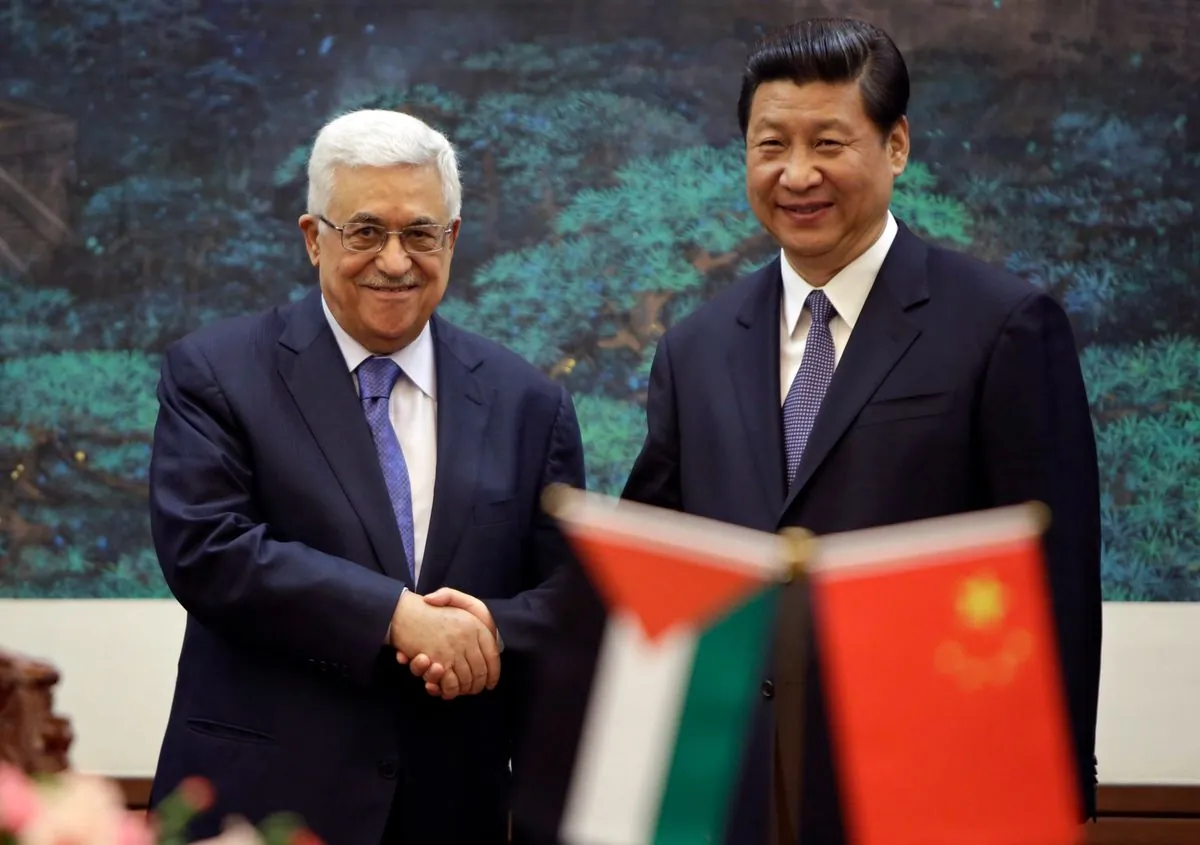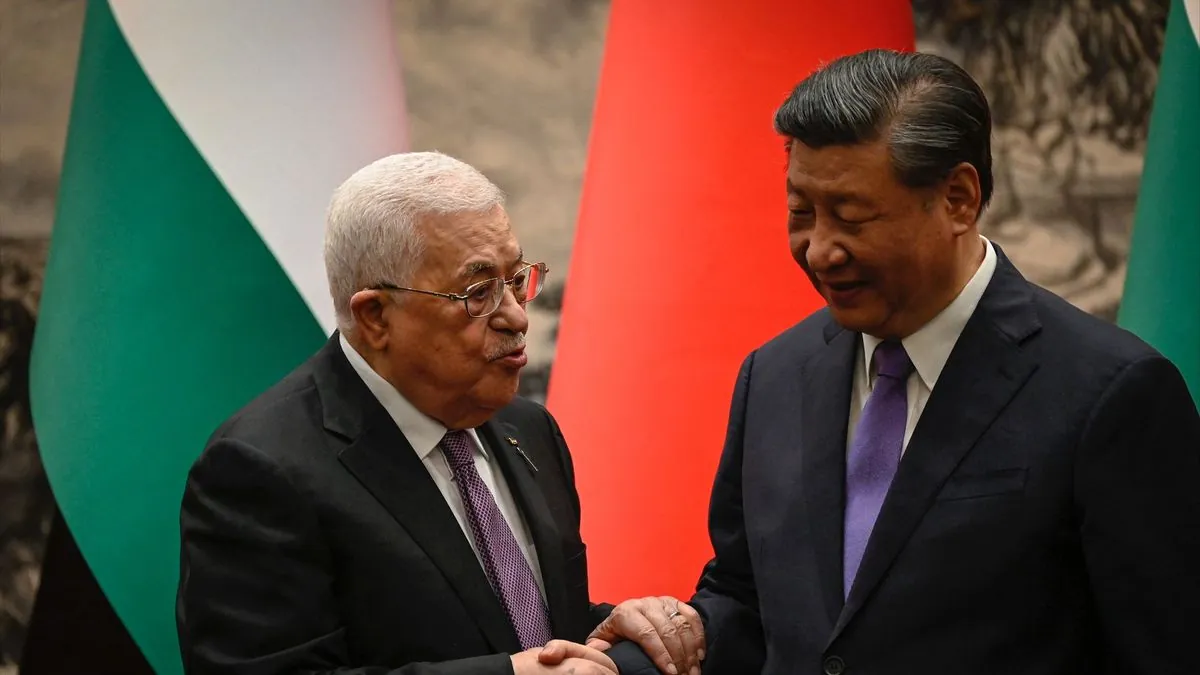Palestinian Factions Agree on Unity Government in China-Mediated Talks
Palestinian groups, including Hamas and Fatah, reached an agreement in Beijing to form a unity government, potentially ending a 17-year divide. Israel dismisses the deal, vowing to crush Hamas' rule.

In a significant development, Palestinian factions, including long-standing rivals Hamas and Fatah, have agreed to form an interim national unity government during negotiations in Beijing. The talks, which concluded on July 23, 2024, resulted in the signing of the Beijing Declaration, marking a potential end to a 17-year power-sharing conflict that has weakened Palestinian political aspirations.
The agreement, involving 14 Palestinian factions, was reached during a reconciliation dialogue held in China's capital from July 21-23, 2024. This development comes amidst ongoing international efforts to broker a ceasefire in Gaza, where the conflict between Israel and Hamas has been raging since October 7, 2023.
Hussam Badran, a senior Hamas official, emphasized the importance of forming a Palestinian national unity government to manage post-war affairs in Gaza and the West Bank. He stated:
"This creates a formidable barrier against all regional and international interventions that seek to impose realities against our people's interests in managing Palestinian affairs post-war."
However, Israeli officials have dismissed the agreement. Israel Katz, the Israeli Foreign Minister, declared on social media that Hamas' rule would be crushed, and Israel's security would remain solely in Israeli hands.
The Beijing Declaration reaffirms the Palestine Liberation Organization (PLO) as the sole legitimate representative of the Palestinian people. This is significant as the PLO, founded in 1964, has historically been recognized as the representative body for Palestinians, despite Hamas not being a member.
Chinese Foreign Minister Wang Yi highlighted the agreement on forming an interim national reconciliation government as the most prominent achievement of the talks. China's role in facilitating this agreement showcases its growing influence in Middle East diplomacy, following its successful mediation of a peace deal between Saudi Arabia and Iran in 2023.

The reconciliation efforts between Hamas and Fatah are not new, with previous attempts by Egypt and other Arab countries failing to resolve the longstanding divide. The conflict between these factions dates back to 2006 when Hamas won the Palestinian legislative elections, leading to a power struggle that resulted in Hamas taking control of Gaza in 2007.
While the agreement marks a potential turning point in Palestinian politics, its implementation and survival remain uncertain given the complex realities on the ground. The ongoing conflict in Gaza, which began on October 7, 2023, continues to pose significant challenges to any political reconciliation efforts.
China's involvement in these talks aligns with its broader diplomatic efforts in the Middle East. Since appointing its first special envoy to the region in 2002, China has been increasingly active in regional diplomacy. The country has also been advocating for a two-state solution to the Israeli-Palestinian conflict, a concept that has been central to peace negotiations since the 1990s.
As the international community watches closely, the success of this unity government agreement could have far-reaching implications for Palestinian politics, the ongoing conflict with Israel, and the broader geopolitical landscape of the Middle East.


































